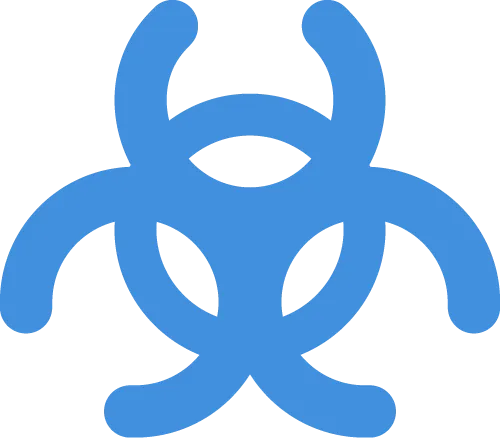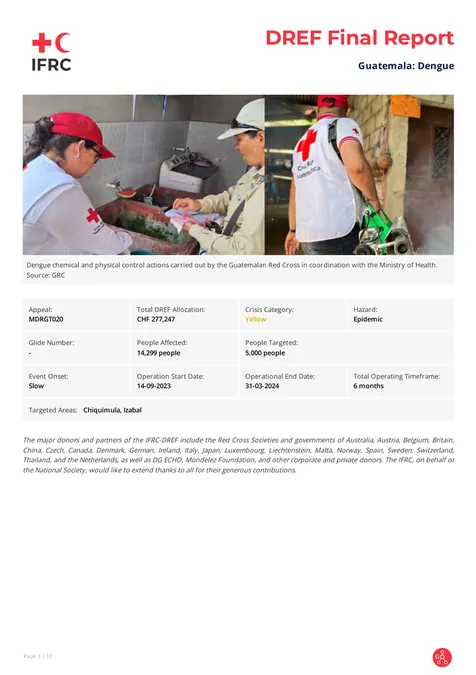
Malaria Day in the Americas: Urgent Call for Expanded Access to Diagnosis and Treatment
2024-11-06
Author: Jia
Malaria Day in the Americas: A Call to Action
In a powerful appeal on Malaria Day in the Americas, observed on November 6, 2024, the Pan American Health Organization (PAHO) is calling on nations, local leaders, and partners in the fight against malaria to unite their efforts in expanding access to diagnosis and treatment as a means to expedite the elimination of this devastating disease.
Theme of the Day
The theme for this year's Malaria Day, "Expanding access to malaria diagnosis and treatment without barriers," emphasizes the critical need for actions that make malaria treatment accessible to all communities, breaking down both geographic and financial obstacles that hinder effective care.
Current Statistics
The statistics are alarming: countries across the Americas reported about 505,000 malaria cases in 2023, marking a 5% rise from the previous year. Unfortunately, the region is far from meeting the ambitious target of reducing cases to 120,000 by the year 2025.
Understanding Malaria
Malaria, which is caused by the Plasmodium parasite and transmitted through the bites of infected female Anopheles mosquitoes, presents a range of symptoms such as fever, headaches, and chills that can escalate to severe illness and even mortality if not treated promptly. The disease predominantly affects various high-burden countries in South America, including Brazil, Colombia, and Venezuela, where indigenous populations and individuals involved in gold mining activities bear the brunt of the epidemic. Disturbingly, Guyana noted a shocking 38% surge in malaria cases between 2022 and 2023 alone.
Impact of Migration Crises
Additionally, the complexities of the recent migration crises have contributed to a rise in imported malaria cases across Mesoamerica. Regions like the Darién Isthmus, a hotspot for migrants, have seen increasing instances, complicating the fight against malaria even further.
Optimism in the Face of Challenges
Despite the rising cases, PAHO Director, Dr. Jarbas Barbosa remains optimistic, asserting that with intensified collective efforts, malaria can be eradicated from the Americas. Positive developments are already unfolding; for instance, Suriname has achieved three consecutive years without local malaria transmission and shows promising signs of becoming malaria-free. Countries like Ecuador and Honduras continue to see case reductions, while Mexico, the Dominican Republic, Costa Rica, Guatemala, and French Guiana are making significant strides towards elimination, largely due to enhanced malaria surveillance and the establishment of accessible diagnosis and treatment services in areas most affected by the disease.
Challenges Ahead
However, it’s not all progress; substantial gaps in access to timely treatment still exist in many endemic regions. To combat ongoing transmission effectively, PAHO urges governments to fortify the availability of diagnostic services and treatments at the community level. This includes forging strong partnerships with affected communities, tackling regulatory and logistical hurdles that limit the distribution of rapid diagnostic tests, and boosting the role of health services in endemic regions.
A Collaborative Approach
As Dr. Barbosa optimistically highlighted, "Health services in endemic areas and affected communities can be part of the solution. Together, we can eliminate malaria from the Americas." The need for collaboration and innovative solutions in this crucial fight against malaria has never been more urgent.



 Brasil (PT)
Brasil (PT)
 Canada (EN)
Canada (EN)
 Chile (ES)
Chile (ES)
 España (ES)
España (ES)
 France (FR)
France (FR)
 Hong Kong (EN)
Hong Kong (EN)
 Italia (IT)
Italia (IT)
 日本 (JA)
日本 (JA)
 Magyarország (HU)
Magyarország (HU)
 Norge (NO)
Norge (NO)
 Polska (PL)
Polska (PL)
 Schweiz (DE)
Schweiz (DE)
 Singapore (EN)
Singapore (EN)
 Sverige (SV)
Sverige (SV)
 Suomi (FI)
Suomi (FI)
 Türkiye (TR)
Türkiye (TR)